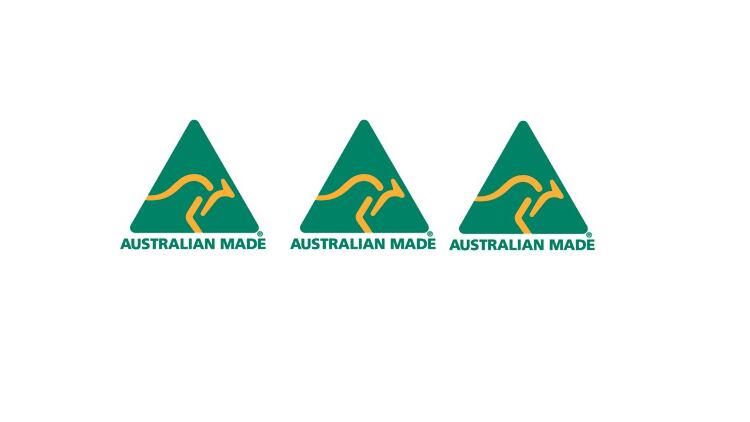Aussie TGA proposes to classify non-food appropriate sports supplements as ‘medicines’
Australia’s national regulator, the Therapeutic Goods Administration (TGA), is proposing to classify non-food appropriate sports supplements as therapeutic goods.
In Australia, most supplements are classified as complementary medicines and are registered by the TGA.
The regulator presently registers complementary medicines as AUST-L products, while medicines are subject to a more thorough assessment and listed as AUST-R.
Australia and NZ regulator reduces minimum protein requirement in milk-based follow-on formula
Food Standards Australia New Zealand (FSANZ) has approved an application by Nestle Australia and Nestle New Zealand to reduce the minimum protein requirement for milk-based follow-on formula.
This will reduce the protein content from 0.45 g/100 kJ to 0.38 g/100 Kj for only milk-based follow-on formulas in the two countries.
Currently, all follow-on formula products must have a protein content between 0.45 g/100 kJ and 1.3 g/100 kJ, based on the availability of L-amino acids.
Entering China’s booming probiotics market: The six big challenges to overcome
Firms which are planning to enter China’s probiotic market should take note of six key challenges surrounding the types of ingredients available for use, consumers’ understanding, and approved health claims.
The challenges were discussed by regulatory expert Lilian Fan, from Antion China, who was speaking on the topic “Current Situation and development trend of probiotic food in China” at our Probiota Asia Summit held in Singapore recently.
According to a report released by China Chamber of Commerce for Import and Export (CCCMHPIE) in August, probiotics was one of the five fastest growing category, increasing at 10.2% last year.
WATCH: The evolution of Japan’s US$2.5 billion Foods with Function claims market
Four years after its launch, Japan’s Food with Function market now encompasses 2,409 products with the sector set to hit the US$2.5 billion mark this year.
The FFC system was first introduced in April 2015, to differentiate existing product claims such as the Foods for Specified Health Uses (FOSHU) And Foods With Nutrient Function Claims (FNFC).
Speaking to Label Bank’s chief executive officer, Hiroyuki Kawai at the recent Health Ingredients exhibition held in Tokyo, he said the FFC system had brought about a new management strategy that required scientific evidence based on clinical trials or systematic reviews.
Australian supplements regulatory regime not world class…yet: TGA chief warns industry
The Australian supplements industry may have a much lauded regulatory regime on the global stage, but a leading figure at regulator the Therapeutic Goods Administration (TGA) has argued it is “not yet world class”.
The organisation’s deputy secretary, health products regulation group, Professor John Skerritt made the comments during a presentation at trade body Complementary Medicines Australia’s (CMA) annual summit in Sydney.
He provided an updated on the implementation of the government’s regulatory reforms, which began three years ago.





